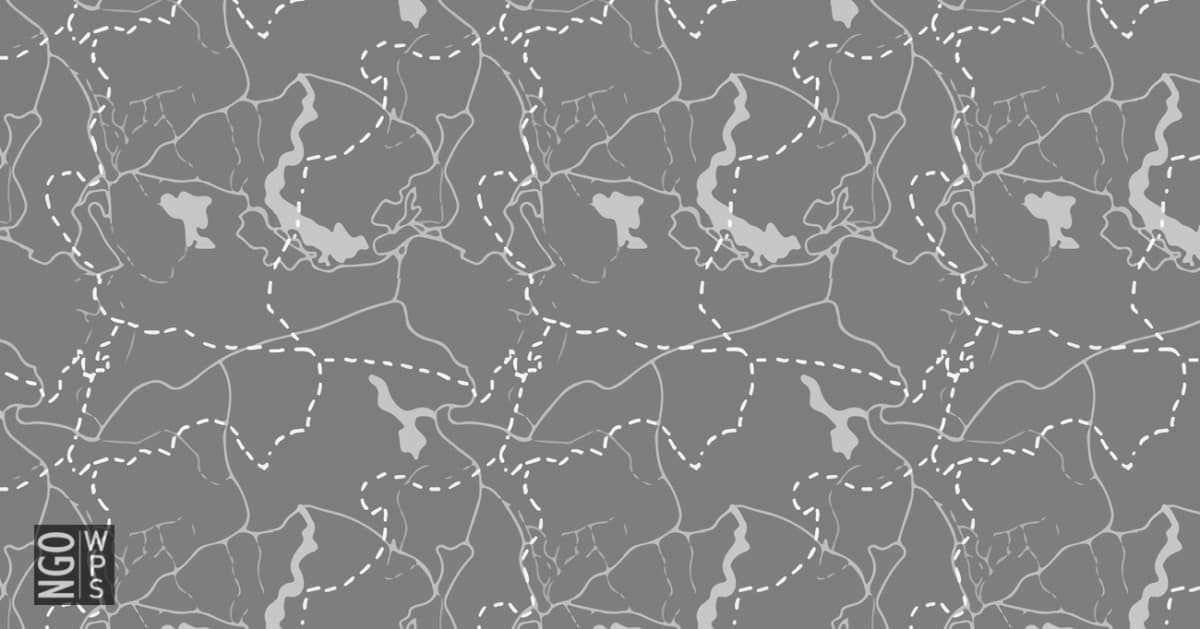Iraq
Iraq
Women are crucial allies to the efforts to eliminate extremism in Iraq. The Islamic State of Iraq and the Levant (ISIL) has contributed to a political landscape in Iraq historically characterized by sectarianism, ineffective judicial systems, high levels of government corruption, and high rates of violence against women, including sexual and gender-based violence. ISIL continues to use sexual and gender-based violence and rape as weapons of war— and targets women, particularly Yazidi women and other non-Shiite minorities, for sexual slavery among fighters.
Iraq acceded to the Convention on the Elimination of all Forms of Discrimination against Women (CEDAW) in 1986, launched the National Strategy on Combating Violence against Women in 2013, and launched its National Action Plan pursuant to Resolution 1325 in 2014. Iraq’s National Action Plan was the first launched in the Middle East. The Ministry of Women’s Affairs in Iraq has also developed a National Strategy for the Advancement of Iraqi Women, but due to the political climate it hasn’t been effectively implemented; similarly, laws banning forced and early marriages are rarely enforced.
Based on the work of NGOWG members and their partners, the NGOWG advocates for the Government of Iraq to clarify their shelter policies, in order to allow and support Iraqi NGOs in their efforts to operate shelters and provide much needed services to survivors of SGBV. Further, the NGOWG urges the Security Council to ensure that the United Nations Assistance Mission for Iraq (UNAMI) is regularly engaging with women’s organizations, and will continue to take concrete steps to support women’s participation in all peace and security processes.
Current and Past Recommendations to the UN Security Council (Monthly Action Points)
As the Security Council renews the mandate of the UN Mission in Iraq (UNAMI), Council members should add language in the mandate that ensures gender is cross-cutting across all areas of responsibility and specifically calls for strong gender analysis and enhanced reporting by the Secretary-General. The Council should include provisions in the mandate that call for:
- The continued deployment of gender advisers in UNAMI and women’s full and meaningful participation in all efforts to counter and prevent violent extremism and terrorism.
- The application of a gender lens in humanitarian assistance efforts, and consultations with women and girls including those displaced and those with disabilities, by all humanitarian and protection actors; and in the provision of comprehensive and non-discriminatory medical care, including trauma support and ongoing psychosocial counselling for survivors, and the full range of sexual and reproductive health services as mandated by SCR 2122 (2013), including access to emergency contraception and safe abortion services. Further, the Council should call on the Government of Iraq to allow civil society to provide direct services as local organizations are in the best position to reach displaced families and to provide shelter and aid.
- The Council should also urge the Government of Iraq to enable displaced women and girls to obtain temporary Civil Status Identification Documents, in the absence of a male family member to verify their identity, in order to ensure their access to essential public services and to reduce their risk of statelessness, increased exposure to SGBV, and discrimination; fully implement and fund Iraq’s National Action Plan on SCR 1325 in consultation with civil society; and establish training programs on the stigma associated with SGBV and on treatment protocols on appropriate care for survivors, including in hospital emergency rooms.
As the Security Council renews the mandate of the UN Mission in Iraq (UNAMI), Council members should add language in the mandate that ensures gender is cross-cutting across all areas of responsibility and specifically calls for strong gender analysis and enhanced reporting by the Secretary-General. The Council should include provisions in the mandate that call for:
- The continued deployment of gender advisers in UNAMI and women’s full and meaningful participation in all efforts to counter and prevent violent extremism and terrorism.
- The application of a gender lens in humanitarian assistance efforts, and consultations with women and girls including those displaced and those with disabilities, by all humanitarian and protection actors; and in the provision of comprehensive and non-discriminatory medical care, including trauma support and ongoing psychosocial counselling for survivors, and the full range of sexual and reproductive health services as mandated by SCR 2122 (2013), including access to emergency contraception and safe abortion services. Further, the Council should call on the Government of Iraq to allow civil society to provide direct services as local organizations are in the best position to reach displaced families and to provide shelter and aid.
- The Council should also urge the Government of Iraq to enable displaced women and girls to obtain temporary Civil Status Identification Documents, in the absence of a male family member to verify their identity, in order to ensure their access to essential public services and to reduce their risk of statelessness, increased exposure to SGBV, and discrimination; fully implement and fund Iraq’s National Action Plan on SCR 1325 in consultation with civil society; and establish training programs on the stigma associated with SGBV and on treatment protocols on appropriate care for survivors, including in hospital emergency rooms.
Relevant Resources












